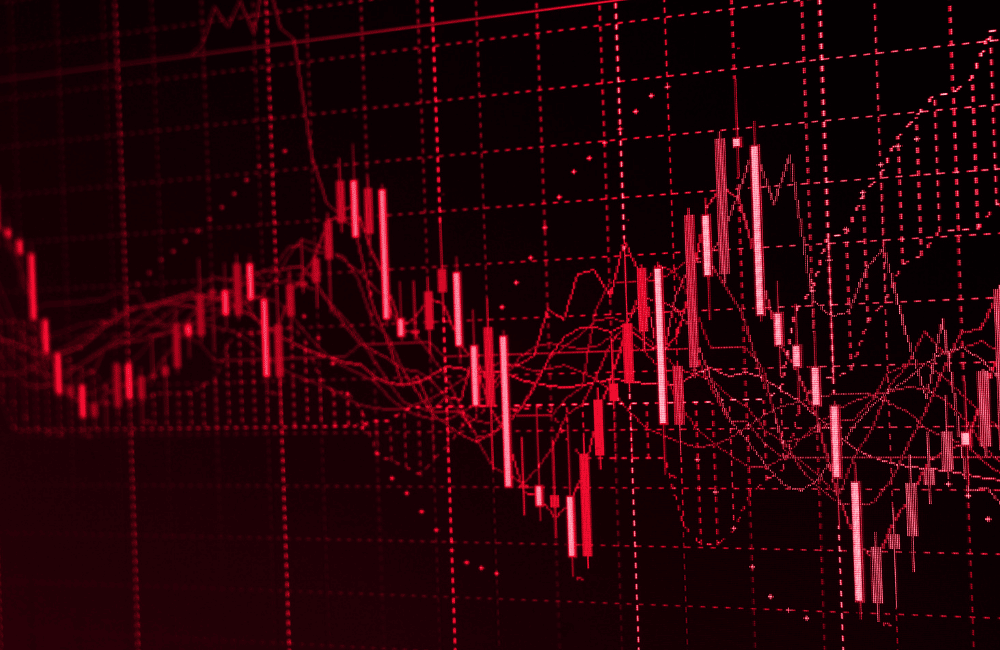Can procurement transformation overcome trade barriers with increased local production?

Summary
Procurement transformation has been a leading topic of discussion in the procurement world, especially in recent years. With the rise of international tensions, many businesses are not creating alternative business models and strategies to ensure that they are capable of successfully minimising the impact of unforeseen external factors.
Procurement is a function that is dependent on trade—local or international. While many businesses today have connections with international suppliers, the trade barriers and how they impact procurement have left many searching for alternative solutions.
One of the key solutions that many procurement professionals are turning to is the increment of local production efforts to meet supply chain demands. Opting to utilise local suppliers has become a popular trend as many businesses develop contingency plans.
Procurement transformation is a possibility with the right strategy. While trade barriers are creating roadblocks for companies, an increase in local production can help procurement teams acquire the raw material they need to continue their businesses.
——————————————————————————————————————-
Any business—whether it’s a large multi-national or a small retail store—is always vulnerable to external factors irrespective of whether they are political, financial, technological, environmental, or socio-cultural.
Procurement organisations are no exception, as these external factors possibly affect supply chains more than any other business function. From supplier management to price negotiation, these external factors can have unforeseen consequences for businesses around the world.
In recent years, many businesses have seen price fluctuations and supply chain disruptions—to name a few—due to unexpected changes in the political and economical landscape.
Changes that are happening on a broader scale can mean tougher trade barriers and force businesses to consider increasing local production. For companies looking to enhance their procurement transformation efforts, this can pose a greater challenge.
Companies today find themselves trying to comply with regulations and laws that impact how they structure supply chains and can affect their overall growth.
A closer look at how trade barriers and increased local production impact procurement transformation can help businesses create contingency plans to enable them to navigate these murky waters with caution.
The trade barriers and how they impact procurement
At present, there are many trade barriers impacting business growth and procurement transformation. The Russia-Ukraine conflict has resulted in many EU trade barriers that have limited the mobility of goods across borders, obstructing the normal function of supply chains.
With the increase in international trade and changes in trade dynamics, the potential of supply chains is being hindered. Changes in policies and government can also add to this growing list of mitigating factors in situations where there is a political revolt or disjoint.
To successfully face these challenges, organisations must pay careful attention to procurement risk management strategies by staying updated on the latest changes in the global political landscape to minimise or limit any threats and maximise opportunities.
Aside from creating a risk management strategy, procurement teams must also nurture the relationships they enjoy with their suppliers. If organisations are facing a challenging situation, they have the opportunity of ramping up their supply quickly and with ease.
The increment of local production efforts to meet supply chain demands
While trade barriers may be creating more challenges for businesses whose supply chains have international components, local production may be a viable option to counteract these trade barriers.
One of the leading drivers of transformation in procurement is the ability of an organisation to enjoy a continuous, uninterrupted supply chain. Many businesses today are shaping their future procurement strategies to accommodate this very requirement.
A key component of procurement transformation is to ensure that businesses can have dependable suppliers. Even under the most challenging of circumstances, businesses should be able to reach out to one supplier—or preferably more—to continue supply chain operations.
When trade barriers are imposed, businesses are left with little to no time to make any conclusive adjustments to supply chains. This creates a problem in the supply and demand equation.
Local production has the unique distinction of being an easier and faster route for businesses to obtain their goods; changes to supply chains can be remedied much faster, giving suppliers and businesses an edge over their competitors.
Procurement is a possibility with the right strategy.
With international tensions rising across the globe, inflation in Europe has risen to 8.6% in June 2022—a steady rise from 8.1% the previous month.
International conflicts between countries made this a common reality for many countries, with procurement teams being the most impacted.
Trade barriers can be a hindrance to procurement organisations if there is no future-focused strategy that addresses these possible challenges. If supply chains are not able to trade between countries, alternative solutions must be a part of the overall business strategy. This is where local production could be the long-term practical solution.
Aside from helping local suppliers thrive, businesses will have a continuous supply of raw materials and other goods that can help them continue their processes without interruption.
This is why the transformation of procurement is a vital element for any thriving organisation. Strategies must be in place to ensure that both local and international challenges and opportunities are a part of the overall business plan to minimise the unexpected impact of uncontrollable external forces like trade barriers.



